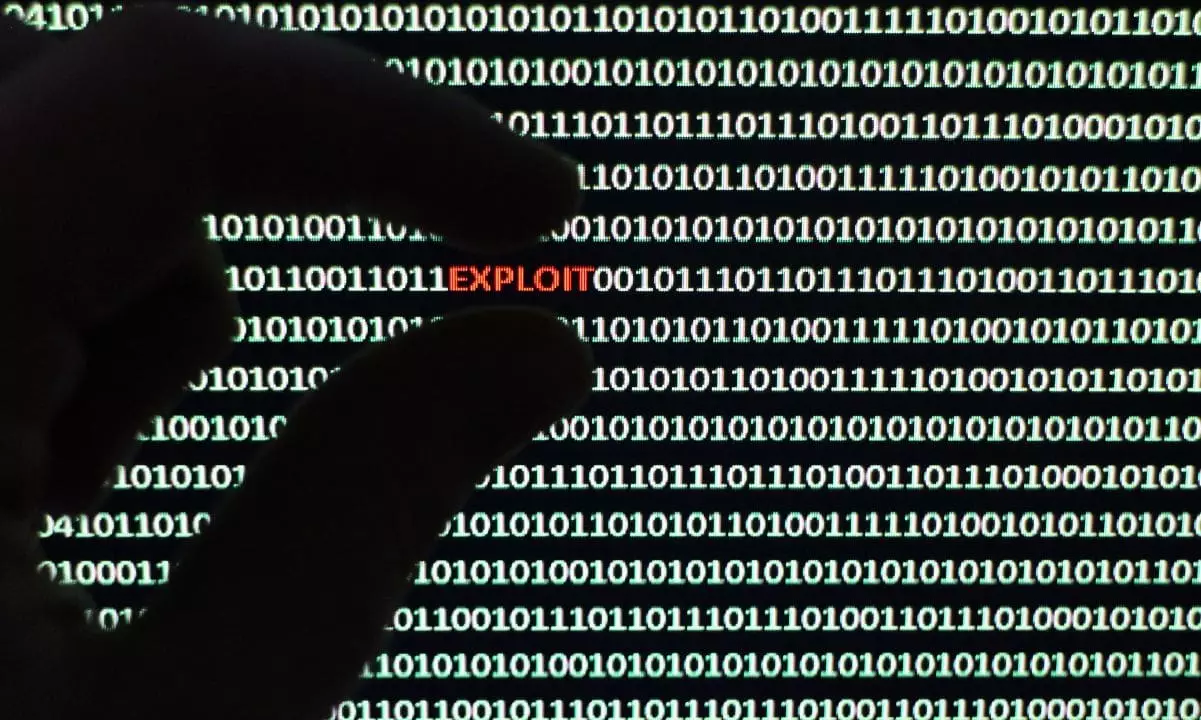On December 1, 2023, Clipper, a decentralized exchange (DEX), faced a significant security breach at approximately 4 AM UTC, resulting in substantial financial losses. Targeting its liquidity pools on the Optimism and Base networks, the incident has raised questions about the security protocols inherent in decentralized finance models. The initial response from Chaofan Shou, co-founder of security firm Fuzzland, hinted at a potential private key leak as the cause of the exploit, but Clipper dismissed this theory, asserting that their systems are designed to avert such vulnerabilities.
The attack culminated in Clipper bleeding around $450,000, which is roughly 6% of its total value locked (TVL). This significant chunk taken from its liquidity deposits highlights the precarious position that many decentralized platforms find themselves in, facing the constant threat of hacking attempts. While the culprit attempted to extend their exploits across other chains, these efforts were thwarted, which suggests some strength in Clipper’s infrastructure, at least in how it manages cross-chain interactions. The subsequent mitigation efforts and transparency from the Clipper team are commendable; rolling out preventive measures and pausing swaps and deposits demonstrates an earnest commitment to user security.
A critical examination reveals that while Clipper’s issues arose from a breach, the platform’s commitment to transparency and user asset control focuses on essential lessons for the DeFi community. Even though withdrawals were maintained, the required method of withdrawing a blend of all assets presents an intelligent workaround to prevent the identical exploit from recurring. By disabling the withdrawal of single tokens—designed as the exploited feature—Clipper ensures a layered defense that can fortify other protocols against similar security threats.
Hacks constitute a staggering 99.96% of all cryptocurrency losses, as documented in Immunefi’s November 2024 report. As the DeFi sector suffered $71 million in losses during a month that saw fraud and rug pulls sharply decline, it indicates that while decentralized finance brings immense opportunities for innovation, it also poses significant risks. Security measures must evolve continually to counteract the burgeoning trend of hacking incidents.
In the wake of this exploit, Clipper’s engagement with security experts to probe further into the breach illustrates an understanding of the critical nature of collaborative solutions in enhancing security frameworks. They have proactively encouraged dialogue with the perpetrator in a quest for recovery, signaling an attempt to humanize the often criminalized realm of hacking. Transparency and communication will be vital as Clipper reassures its user base of the steps taken to safeguard their assets moving forward.
As more decentralized platforms navigate these turbulent waters, the emphasis on security protocols, user education, and robust systems of accountability will remain paramount. The Clipper incident should serve as a wake-up call for developers and investors alike in the DeFi universe to pool resources and knowledge to sustain security enhancements. In doing so, the community can potentially foster a safer, more resilient ecosystem for all participants.

